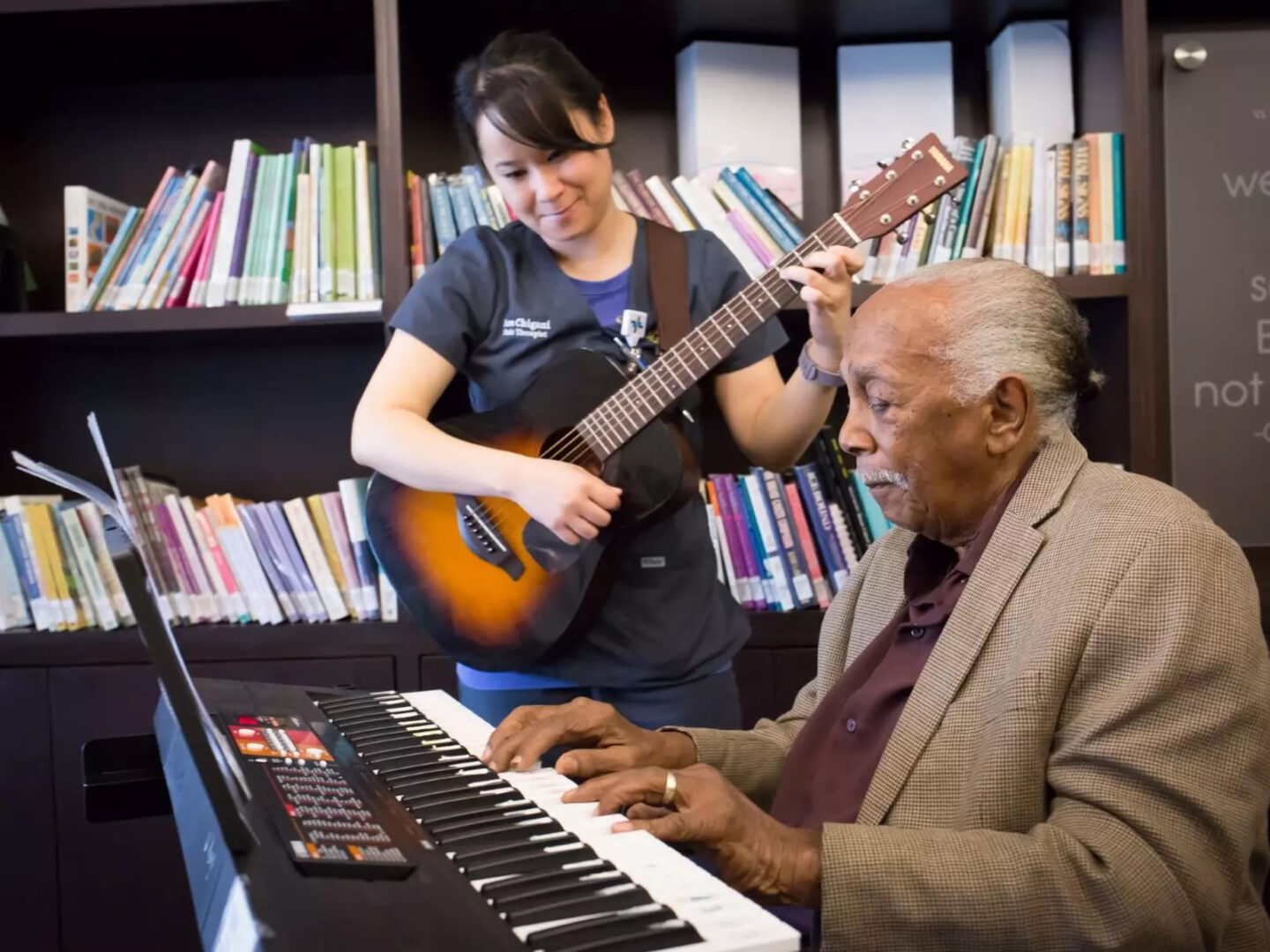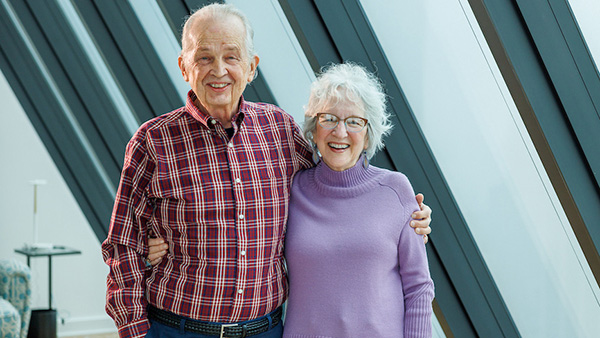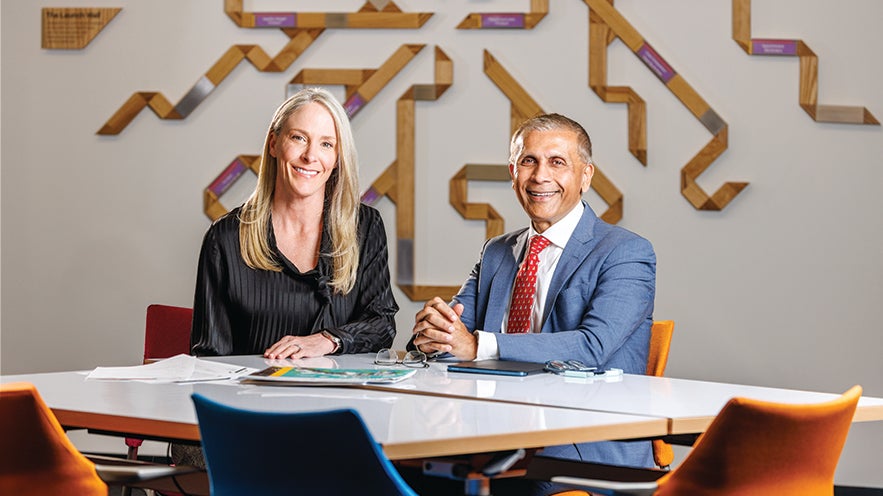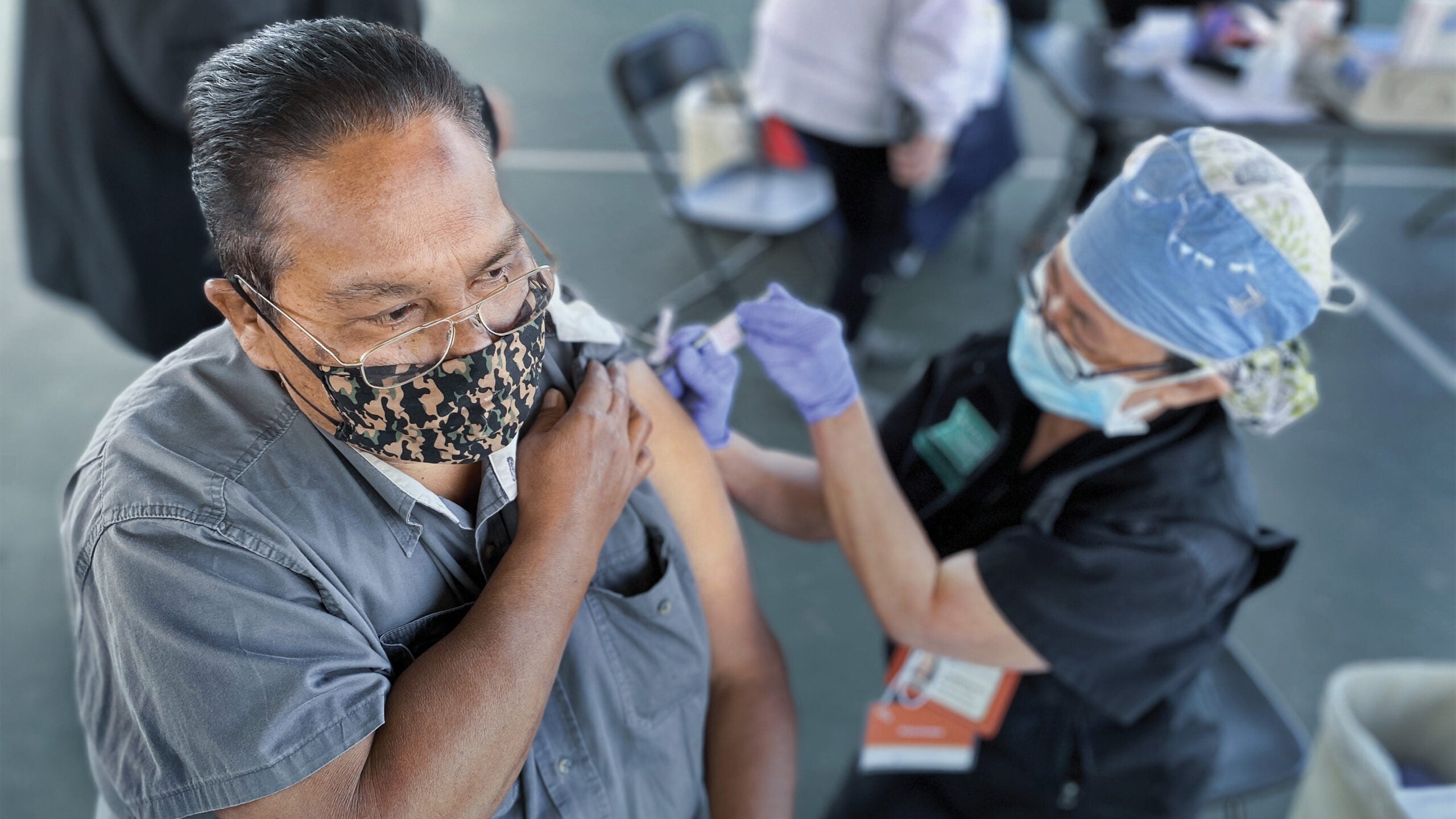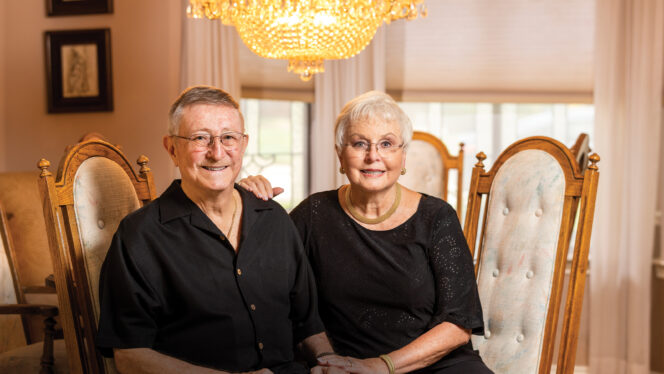Helping hands and helping hearts unite
The statistics shared in the May board meeting of Baylor Scott & White Dallas Foundation were enough to make anyone take notice:
- 21.4% reduction in emergency department use.*
- 36.7% reduction in inpatient care use.*
- 46% average cost reduction across several different patient groups.**
These phenomenal results are the outcomes of intentional efforts of Baylor Scott & White Health to accelerate care to underserved communities. Through Baylor Scott & White Community Care Clinics and Baylor Scott & White Health and Wellness Center at Juanita J. Craft Recreation Center, the system delivers primary care, prevention and wellness programs that make measurable differences in the lives of people who might not otherwise have options for care.
The need has never been more urgent. Today, Texas has both the highest number and highest percentage of residents without insurance in the nation. According to U.S. Census Data, 18.4% of Texans were without insurance in 2019, a number that was then twice the national average. As job losses mount due to COVID-19, that number has climbed. This lack of insurance keeps many people from being able to access primary or preventive care, leading many families to use the emergency department as their medical home, impacting costs for both the patients and the providers and missing important opportunities to positively influence the health of individuals before their condition requires extensive medical intervention.
A Home for Health
Through seven clinics in North Texas, Baylor Scott & White Community Care Clinics provide care for 13,500 unique patients. Here, patients are able to access a wide spectrum of health resources in addition to primary care: pharmacists, chronic disease education, behavioral health support and innovative technology to enhance delivery of care.
“We are targeting patients who are at risk due to chronic conditions like diabetes or hypertension. By managing their care over time, we stop the progression of their illness. This improves individual health outcomes, allows people to continue to work and be productive, and reduces cost to our system,” said Jeff Zsohar, MD, medical director of the Baylor Scott & White Community Care Clinics. “What we can show in data is powerful, but our motivation is based in the relationships we have with our patients, helping someone who is very sick to get better,” he said, underscoring the importance that health has to quality of life and an individual’s ability to succeed. “Our work is remarkable in that we are able to align Baylor Scott & White’s mission with this quantifiable impact,” he said.
Helping Hands
Integral to the initiative is the team of community health workers who staff the Baylor Scott & White Community Care Clinics and the Baylor Scott & White Health and Wellness Center. These frontline workers are trusted members of the community with a significant understanding of the community’s diverse cultures, explained Venita Owens, MBA, president of the Baylor Scott & White Health and Wellness Center.
“Our community health workers have a natural inclination to care, and they are able to meet our community where they are,” she said. “They hold their hands through the maze of healthcare, and they help navigate them through their social determinants of health.”
Caring for the Community

Baylor Scott & White Health is also empowering the underserved through the Baylor Scott & White Health and Wellness Center. Established in 2010 as the Diabetes Health and Wellness Center to address the prevalence of diabetes, the Baylor Scott & White Health and Wellness Center today addresses all chronic disease conditions that adversely affect population health, removing or reducing the barriers to improving health outcomes for the uninsured and underinsured in a three-pronged approach that includes medical care, physical activity, and education and nutrition.
This model has now been expanded to nine other locations across Dallas and counts more than 7,000 citizens in its membership (which is free for the uninsured and open to anyone 18 years of age or older with the requirement to undergo a health assessment and biometrics). Setting a new standard of care in the facility is a multidisciplinary team that includes physicians, certified community health workers and researchers who provide care and track members’ progress.
This integrated approach to care delivery is playing a crucial role in meeting the needs generated by the pandemic. To increase the number of minorities registering for and receiving the COVID-19 vaccine, Baylor Scott & White Health created an action plan to educate, communicate and provide registration assistance to southern-sector residents.
“There was a need to address some community members’ hesitancy with receiving the vaccine, health literacy hurdles and technology challenges,” Owens said, “and a need to provide the community with accurate information, regular updates, access to hub locations, registration assistance and transportation.”
Improving Texans’ Lives
Through these and other initiatives, Baylor Scott & White Health is bringing access to wellness to underserved Texans. When Jim Hinton, president and CEO of Baylor Scott & White Health, reflects on the system’s choice to take on vaccine distribution—while the vaccine is provided by the government at no cost, distributing the vaccine has cost Baylor Scott & White Health millions of dollars—he points to the mission.
As a not-for-profit, community-owned organization, Baylor Scott & White Health undertakes initiatives that benefit the community. Any surpluses the system creates each year are invested in strategic initiatives that improve Texans’ health through new and improved facilities, technology, clinical research, expanded services and a growing workforce. Over the past three years, Baylor Scott & White has invested $2 billion into Texas communities to improve health and well-being.
“Improving the health and well-being of all those we serve is not only part of our mission, it is our greatest privilege,” Hinton said. “We are committed to working together to address inequities and advance care for communities across Texas, now and in the future.”

